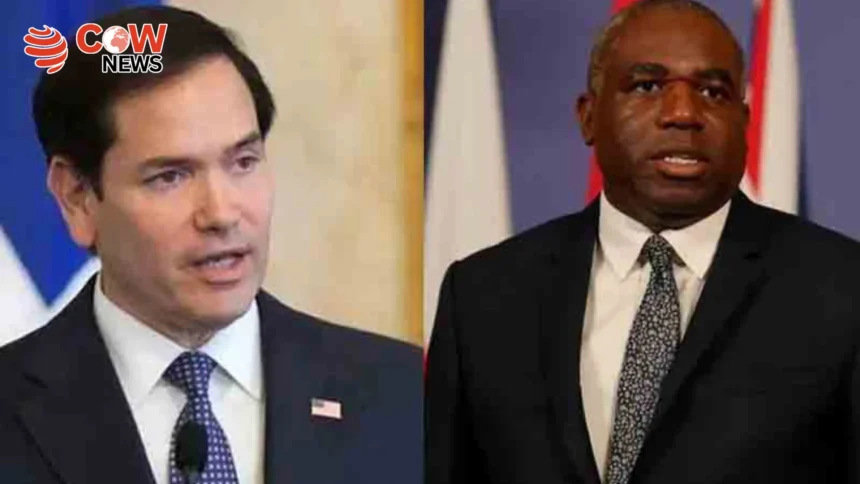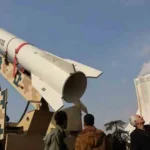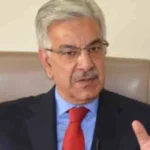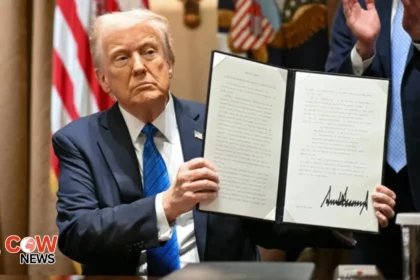Washington/London ( The COW News Digital)In a key diplomatic exchange, U.S. Secretary of State Marco Rubio and UK Foreign Secretary David Lammy held a telephonic conversation on Monday to deliberate on escalating global crises and reaffirm their commitment to international peace and stability.
According to a statement from the U.S. State Department, both leaders expressed deep concern over the humanitarian catastrophe unfolding in Gaza, emphasizing the urgent need for a ceasefire. They pledged full support for ongoing international efforts aimed at de-escalating the conflict and facilitating the immediate release of hostages.
The two foreign ministers also discussed the deteriorating situation in Sudan, where a protracted civil war continues to displace thousands. They jointly emphasized the need for a political resolution and called for intensified regional and global diplomatic engagement to prevent a wider humanitarian disaster.
Addressing the ongoing Russia-Ukraine war, both ministers reiterated their stance that the conflict must end through diplomatic channels, and underscored the importance of upholding international law and the sovereignty of nations. They agreed to coordinate closely with European and NATO allies to explore avenues for a negotiated settlement.
A significant part of the conversation was also dedicated to Iran’s nuclear ambitions. Rubio and Lammy agreed on the necessity of preventing Tehran from acquiring or developing nuclear weapons. They reaffirmed their commitment to a united front through diplomatic, economic, and strategic measures to curb Iran’s nuclear trajectory.
“The call reflects our shared commitment to global security and diplomacy at a time of great international uncertainty,” the U.S. State Department said in its press release.
This high-level consultation highlights the transatlantic unity between Washington and London amid a backdrop of geopolitical turmoil. Both ministers pledged to continue working together on climate change, counterterrorism, and human rights advocacy, signaling a broader strategy to reinforce multilateralism.
The call is being viewed as part of ongoing Western efforts to contain rising tensions and strengthen global diplomatic cooperation amid escalating conflicts in the Middle East, Africa, and Eastern Europe.







